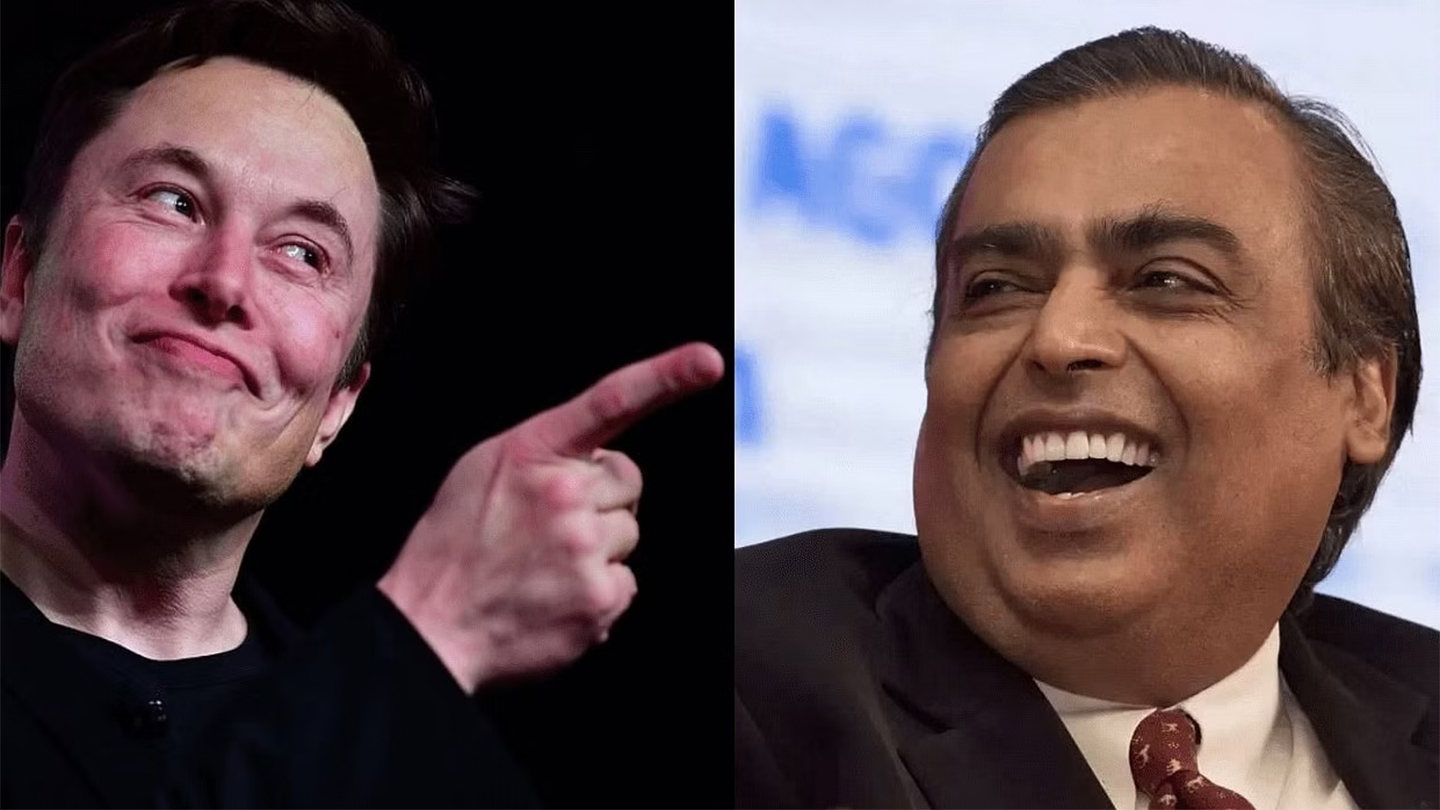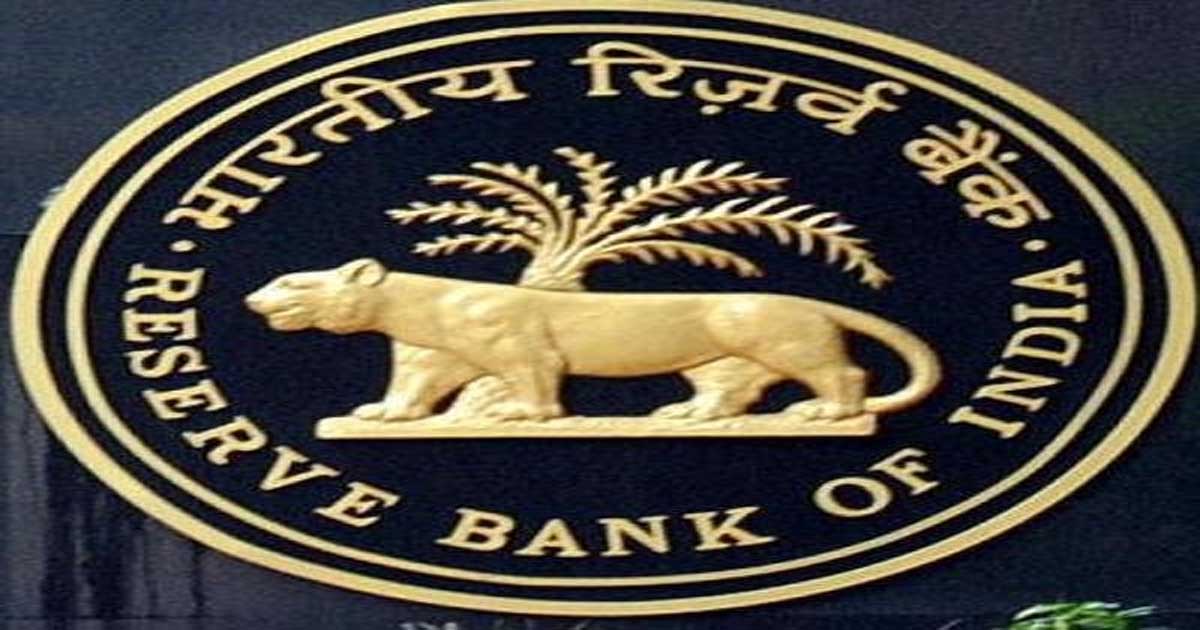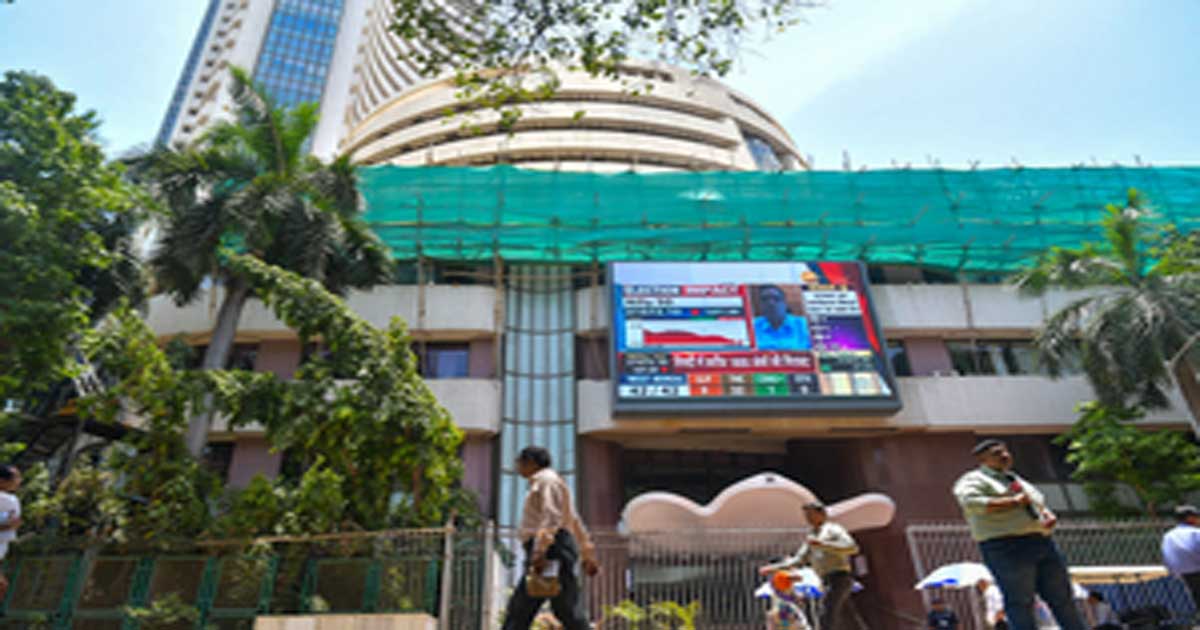Business
Elon Musk May Have To Battle Mukesh Ambani For Bringing Starlink To India

Elon Musk may be upbeat about fighting fellow tech tycoon Mark Zuckerberg in a cage, but he faces a challenge from an Indian billionaire before entering the market. The Indian government’s policy on import duty, which Musk wants it to modify, has already acted as a fence keeping Tesla out of the country.
Now the SpaceX founder and self-proclaimed fan of Prime Minister Modi seeks to change how India assigns satellite broadband licenses, but Mukesh Ambani’s Reliance disagrees.
Taking different paths
After his meeting with PM Modi, Musk also mentioned how he hopes to connect remote Indian villages to the world wide web, by beaming internet from Starlink satellites.
His firm wants the Indian government to follow the global trend and directly assign licenses, instead of an auction for allotment of the spectrum.
But Jio’s parent Reliance wants a public submission of bids, so that local telcos get a level playing field to compete with foreign firms that can offer voice and data services via satellites.
Will it disrupt duopoly?
Although neither Musk nor Ambani have directly engaged with each other, the battle to dominate the satellite broadband market in India, could put them on a collision course.
As Reliance Jio Space Tech has received clearance to provide broadband from space, its current rival Airtel One Web has already put 40 satellites in space, while it needs a constellation of 588.
On the other hand, Musk’s Starlink is available in almost 50 countries, but its entry into India was disrupted when its India head Sanjay Bhargava quit and later wrote that he didn’t have time for endless meetings to discuss regulations and procedures.
Business
New Zealand’s annual inflation at 3 per cent in September 2025 quarter: statistics

Wellington, Oct 20: New Zealand’s annual inflation reached 3 per cent till the September 2025 quarter, following a 2.7-per cent increase in the year till the June 2025 quarter, Stats NZ reported Monday.
This met the upper limit of the Reserve Bank of New Zealand’s 1-3 per cent target band for the annual inflation rate, according to a statement of the Statistics Department, Xinhua News Agency reported.
“The 3.0 per cent annual inflation rate in the September 2025 quarter is the highest since the June 2024 quarter, when it was 3.3 per cent,” Stats NZ prices and deflators spokesperson Nicola Growden said.
The largest contributors to the annual inflation rate were all in the housing and household utilities group, led by power, rent, and local authority rates, with the top three contributors making up around 17 per cent of the weight in the basket of New Zealand’s consumer price index, Stats NZ said.
Electricity prices jumped 11.3 per cent over the year, the largest annual gain since the March 1989 quarter when they rose 12.8 per cent, statistics show.
“Annual electricity increases are at their highest since the late 1980s, when there were several major reforms in the electricity market,” Growden said.
Prices fell over the year for pharmaceuticals, telecoms equipment, and petrol, helping offset some cost pressures, Stats NZ said.
On a quarterly basis, consumer prices rose 1 per cent in the September 2025 quarter, compared with the June 2025 quarter, driven largely by higher local authority rates and a 12.2-per cent increase in vegetable prices due to seasonal factors, it said.
Acting Finance Minister Chris Bishop said expectations are for inflation to drop towards 2 per cent in the first half of 2026, easing pressure on households and businesses.
On October 16, Stats NZ reported that food prices in New Zealand rose 4.1 per cent in the 12 months to September 2025, marking the smallest annual increase since April this year.
The grocery food group contributed most to the rise, up 3.9 per cent annually, according to the Statistics Department statement.
Key staples saw significant annual price hikes: white bread increased 49.6 per cent; cheese rose 31.4 per cent; butter climbed 28.9 per cent; and milk was up 15.1 per cent, Stats NZ said.
Vegetables also increased by 5.2 per cent annually, with cabbage nearly doubling in price from September 2024 to September 2025, the highest in nearly three years, and lettuce was up 55 per cent, it said.
“All five food groups continue to grow annually, but the rate of increase for overall food prices has slowed this month,” Growden said.
However, monthly food prices fell 0.4 per cent in September compared with August, driven by price drops in vegetables and chocolate, marking the first monthly decline since February 2025, statistics show.
Business
RBI likely to go in for another policy rate cut by year-end: Report

Mumbai, Oct 19: The RBI is likely to go in for another policy rate cut before the end of the year, which, along with fiscal consolidation and domestic regulatory easing, would lead to a gradual recovery in credit demand, according to a Goldman Sachs report.
“We expect an additional policy rate cut before year-end, and the recent GST simplification signals that peak fiscal consolidation is behind us. We expect this, along with domestic regulatory easing, to foster a gradual recovery in credit demand,” the report said.
The report observes that the recent measures announced by the RBI should ease supply-side credit conditions; however, the extent of incremental lending will depend on the demand situation in the broader economy.
External headwinds continue to weigh on India’s outlook, including tighter US immigration costs for H-1B visas that affect Indian IT services, in addition to elevated US tariffs on Indian goods and “these factors could temper credit demand alongside broader macro uncertainty”, the report states.
India’s inflation rate based on the Consumer Price Index (CPI) declined to an over 8-year low of 1.54 per cent in September this year. This gives the RBI more space to focus on reducing the policy rate and injecting more liquidity into the economy to promote growth.
The RBI has raised its projection of India’s GDP growth rate to 6.8 per cent for 2025-26 from 6.5 per cent earlier, as the implementation of several growth-inducing structural reforms, including streamlining of GST, is expected to offset some of the adverse effects of the external headwinds, Reserve Bank Governor Sanjay Malhotra said earlier this month.
He pointed out that India’s GDP recorded a robust growth of 7.8 per cent in Q1:2025-26, driven by strong private consumption and fixed investment. On the supply side, growth in gross value added (GVA) at 7.6 per cent was led by a revival in manufacturing and steady expansion in services. Available high-frequency indicators suggest that economic activity continues to remain resilient. Rural demand remains strong, riding on a good monsoon and robust agricultural activity, while urban demand is showing a gradual revival, the RBI Governor further stated.
Business
Nifty, Sensex surge over 2 pc this week amid renewed hopes of US-India trade deal

Mumbai, Oct 18: The Indian equity benchmarks ended the week decisively higher amid short covering from foreign institutional investor (FII) participants and resilient domestic cues.
Market optimism was bolstered by clarity in the India–US trade relations, with both sides tentatively agreeing to conclude the first phase of the deal by November.
The sentiment remained upbeat as Bank Nifty achieved a new milestone, driven by robust buying interest in leading banking stocks. Investor confidence was buoyed by easing concerns around asset quality in the financial sector and expectations of improved volume growth in the festive quarter.
Benchmark indices Nifty and Sensex rose 2.10 and 2.04 per cent during the week, with FMCG, pharma, and auto indices being the major contributors to the rally.
Analysts said that consumption-driven sectors also saw a surge along with a broad-based recovery across realty, healthcare, and banking.
IT stocks remained under pressure due to global discretionary spending concerns and mounting asset quality stress in the US banking system.
Profit booking was also seen in media, and metal stocks, which capped the overall upside of the indices.
The broader market, however, took a breather after a strong run-up, with Nifty Midcap 100 slipping 0.57 per cent and Nifty Small-cap 100 marginally down by 0.05 per cent, indicating selective profit taking by investors.
“Nifty on the weekly chart has formed a sizable bull candle with a higher high and higher low, signalling continuation of the up move. The index broke out above a three-month symmetrical triangle consolidation pattern, indicating a positive bias,” analysts from Bajaj Broking Research said.
They expect the index to head towards 25,900 and then towards 26,200 levels in the coming weeks.
In the holiday-led truncated Diwali week, investors are likely to remain cautious in view of the release of key economic data, such as US inflation, employment, and India’s PMI figures.
Investors are also keen on the cues from the ongoing earnings season and policy signals from major global central banks.
-

 Crime3 years ago
Crime3 years agoClass 10 student jumps to death in Jaipur
-

 Maharashtra1 year ago
Maharashtra1 year agoMumbai Local Train Update: Central Railway’s New Timetable Comes Into Effect; Check Full List Of Revised Timings & Stations
-

 Maharashtra1 year ago
Maharashtra1 year agoMumbai To Go Toll-Free Tonight! Maharashtra Govt Announces Complete Toll Waiver For Light Motor Vehicles At All 5 Entry Points Of City
-

 Maharashtra1 year ago
Maharashtra1 year agoFalse photo of Imtiaz Jaleel’s rally, exposing the fooling conspiracy
-

 National News1 year ago
National News1 year agoMinistry of Railways rolls out Special Drive 4.0 with focus on digitisation, cleanliness, inclusiveness and grievance redressal
-

 Maharashtra11 months ago
Maharashtra11 months agoMaharashtra Elections 2024: Mumbai Metro & BEST Services Extended Till Midnight On Voting Day
-

 National News1 year ago
National News1 year agoJ&K: 4 Jawans Killed, 28 Injured After Bus Carrying BSF Personnel For Poll Duty Falls Into Gorge In Budgam; Terrifying Visuals Surface
-

 Crime1 year ago
Crime1 year agoBaba Siddique Murder: Mumbai Police Unable To Get Lawrence Bishnoi Custody Due To Home Ministry Order, Says Report






















